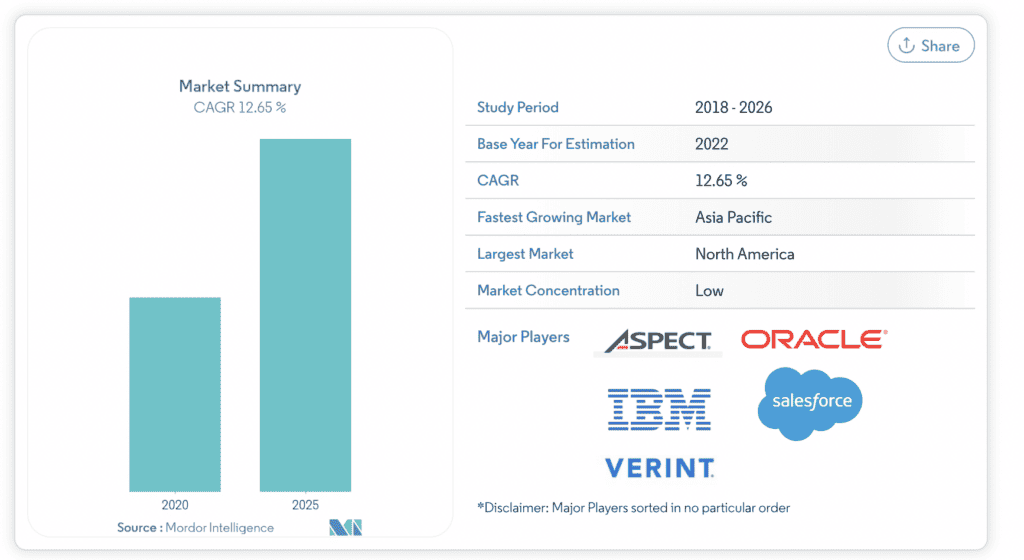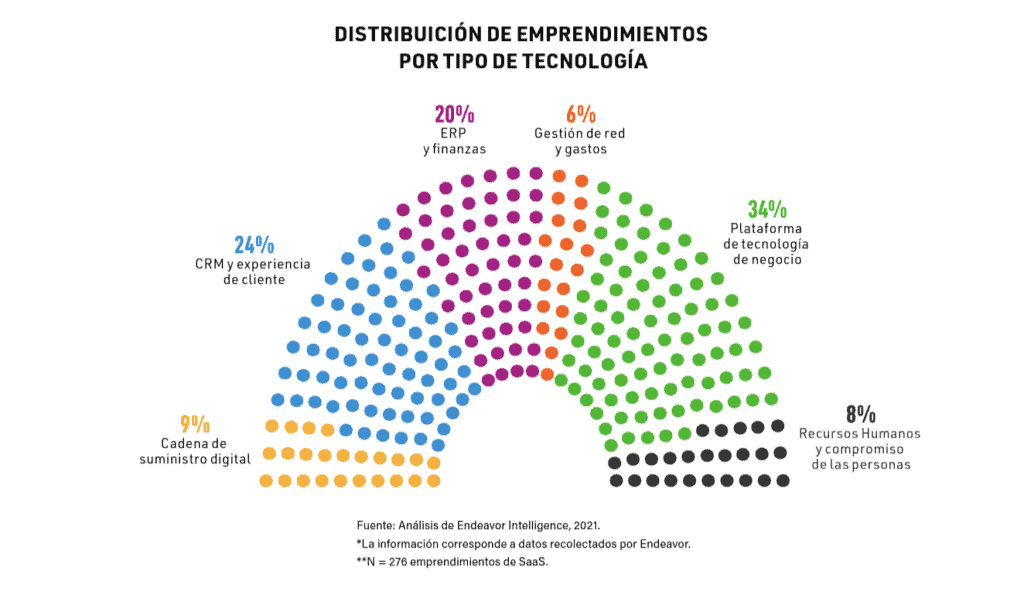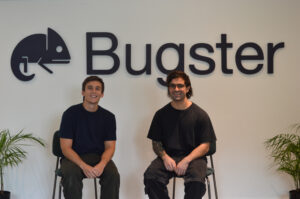
Por Jose Pulido
August 29, 2023
Talana, the Chilean startup specializing in providing human resources solutions, has announced the successful raising of a USD $8 million investment in a funding round led by Venturance and Altis.
Since its foundation in 2016, Talana has established a strong presence in the market with over 5,500 clients in Chile and Peru, catering to a user base of more than 400,000 collaborators through its products and services.
With the capital acquired, Talana aims to expand into Mexico and Peru, as stated by Javier Spiniak, CEO of Talana:
“Peru is a market with significant potential due to its size comparable to Chile’s, but with much lower adoption of human resources software. On the other hand, Mexico presents a unique opportunity due to its formal workforce, which is four times larger than Chile’s.”
Simultaneously, Talana also plans to invest in developing new products and services, with the goal of solidifying its position as a regional leader in human resources software.
The news was revealed during a special event that marked the company’s seventh anniversary on August 10th. During this occasion, the progress of Talana was celebrated, along with its organizational evolution with the introduction of new leaders such as Ignacio Spiniak, who assumed the CEO role in June.
According to Aspects Software, the customer interaction solutions market was valued at USD $15.52 billion in 2020 and is expected to grow to USD $30.92 billion in 2026. In this context, organizations are increasingly adopting SaaS solutions. An organization now uses an average of 80 SaaS applications, representing a significant increase compared to previous years.

SaaS market expectations to 2026. (Source: Mordor Intelligence)
In Mexico specifically, substantial investment has been made in the SaaS sector. In 2019, USD $66 million was invested in 28 operations, and in 2020, despite the pandemic, investment rose to USD $59 million in 29 operations. In 2022, Mexico’s SaaS venture capital industry recorded investments totaling USD $246 million, primarily in ERP and finance, CRM and customer experience, and enterprise technology platforms. However, human resources services accounted for only 8% of the total investments.

Distribution of ventures by type of technology as of 2021. (Source: Endeavor).

Por Stiven Cartagena
September 15, 2025